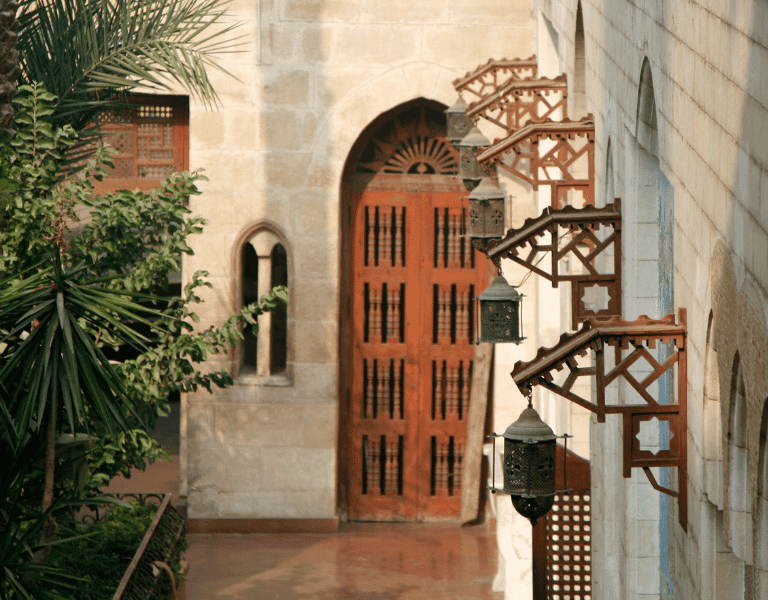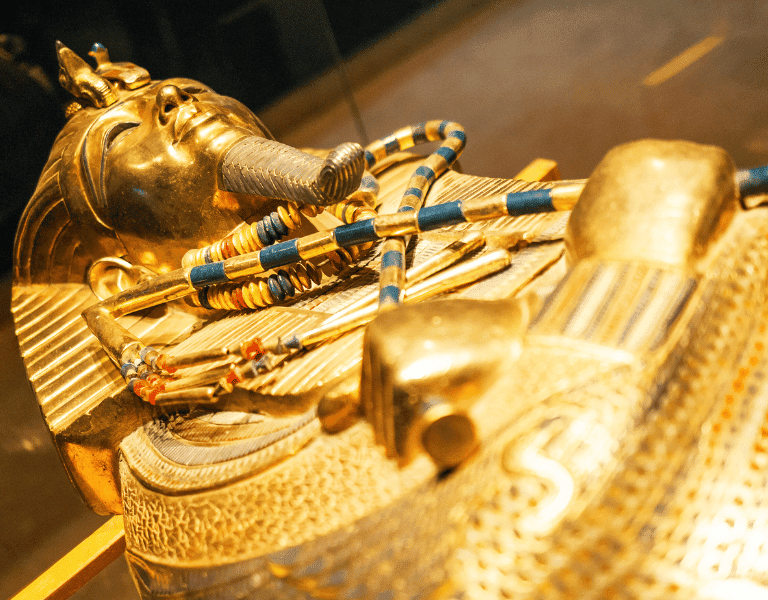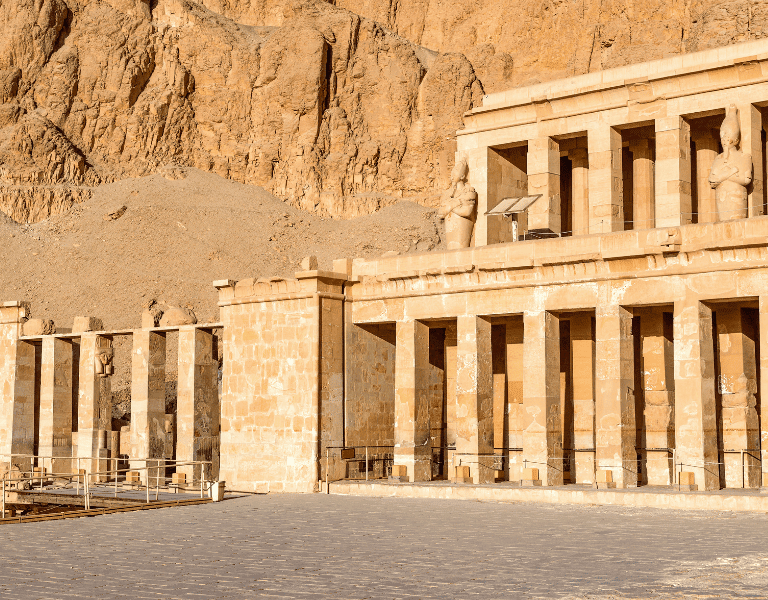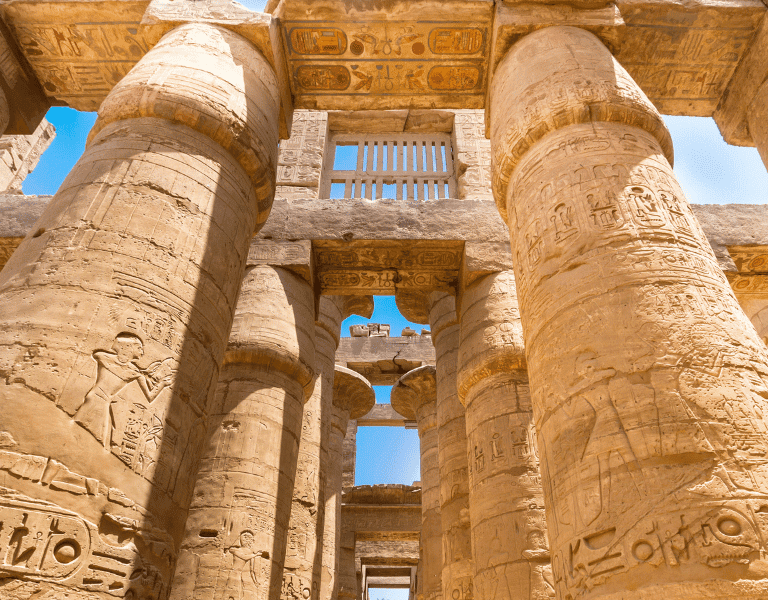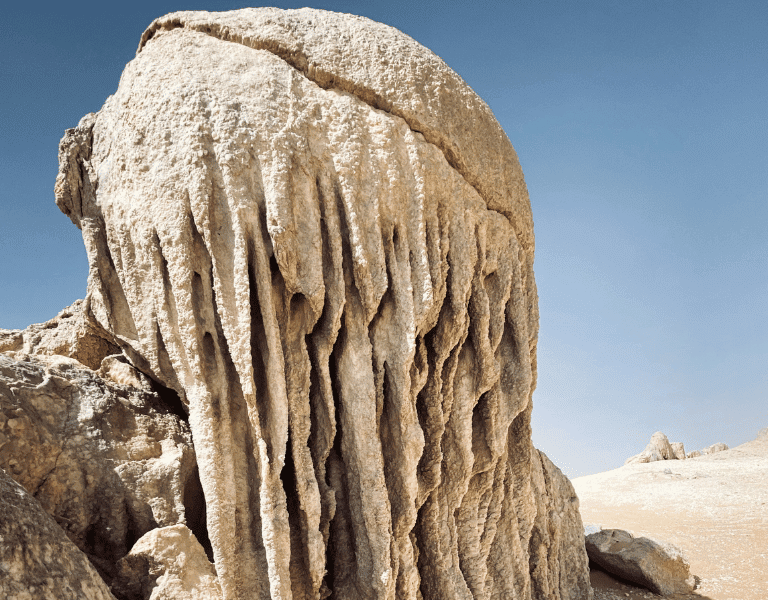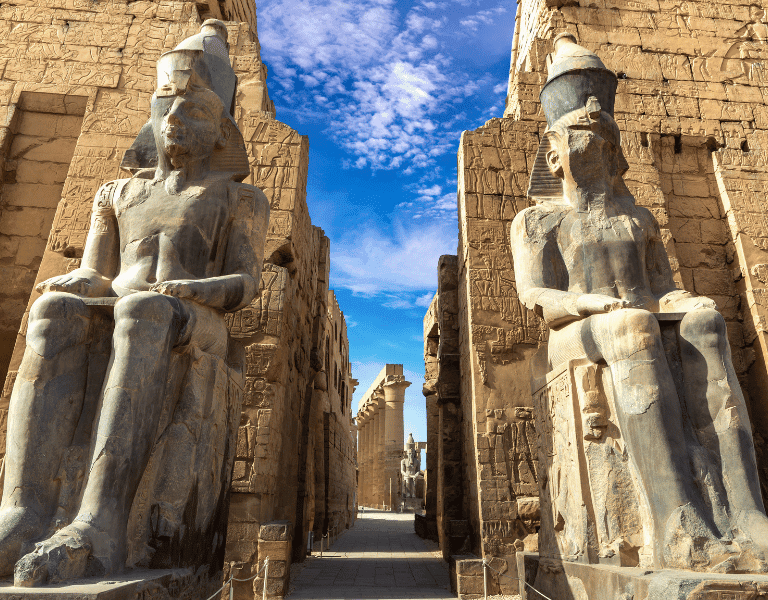In ancient Egypt, society was structured with clear roles for men, women, and children. These roles were shaped by cultural, religious, and practical considerations, and they helped maintain the stability and prosperity of one of the world’s oldest civilizations.
While some of these roles were influenced by social status and class, they were largely based on gender and age. Understanding the different roles of men, women, and children in ancient Egypt offers a fascinating insight into the workings of Egyptian society and the daily lives of its people.
The Role of Men in Ancient Egypt
Men in ancient Egypt were typically seen as the head of the household and primary breadwinners. Their responsibilities ranged from maintaining the family’s economic stability to playing a central role in government, military, and religious activities.
- Family Leadership and Providers:
In the family unit, men were considered the providers and protectors. They were responsible for securing resources and ensuring the welfare of the family. This often involved working as farmers, craftsmen, merchants, or scribes, depending on their social standing. - Government and Administration:
Wealthy men, especially those in the upper classes, could hold significant positions in government, such as viziers, officials, or priests. These roles involved managing resources, overseeing construction projects (like Pyramids and temples), and ensuring the stability of the state. - Military Service:
Men were also expected to serve in the military, particularly in times of war. The Egyptian army was essential for defending the borders, securing trade routes, and expanding the empire. Men could serve as foot soldiers, chariot drivers, or high-ranking officers, depending on their skill and social status. - Priestly Roles:
In ancient Egypt, religion played a central role, and many men served as priests, tending to the temples, performing rituals, and making offerings to the gods. High-ranking priests often held great influence over the state and its leaders.
The Role of Women in Ancient Egypt
Women in ancient Egypt had more rights and freedoms compared to women in many other ancient cultures. While their roles were often tied to family and domestic duties, women could also play important public and political roles, particularly in the later periods of Egyptian history.
- Family and Household Management:
The primary role of women in ancient Egypt was managing the household and raising children. They were responsible for domestic tasks, such as cooking, cleaning, and making clothing. Wealthy women, however, often had slaves or servants to perform these tasks. - Marriage and Property:
Women were seen as equal partners in marriage. They could own property, manage their own wealth, and inherit from their parents. Some women even had the right to divorce their husbands and retain control of their property, making them relatively independent by ancient standards. - Business and Commerce:
In addition to household management, many women were involved in business and trade. They could act as merchants, selling goods like textiles, food, and jewelry in the marketplace. Some even owned and managed their own businesses, and there is evidence that women participated in the workforce as artisans or in industries like perfume-making. - Religious and Political Influence:
While the majority of women in ancient Egypt were not involved in political or religious leadership, there were notable exceptions. Some women ascended to power as queens and regents, such as Cleopatra, Nefertiti, and Hatshepsut. These women played significant roles in Egyptian politics, military strategy, and diplomacy. High-ranking priestesses could also wield significant influence within religious institutions.
The Role of Children in Ancient Egypt
Children in ancient Egypt were largely viewed as a blessing and were seen as important to the continuity of the family and society. Their roles were shaped by their age and gender, with expectations for their future contributions.
- Education and Training:
Education for children in ancient Egypt was typically reserved for boys, particularly those from wealthier families. Boys were taught to read and write, study mathematics, and learn trades or professions that could benefit the family. Girls, on the other hand, were primarily trained in domestic tasks like cooking, weaving, and caring for younger siblings. - Work and Responsibility:
As children grew older, they were expected to contribute to the household. Boys might work alongside their fathers in farming or trade, while girls would assist their mothers with household chores. In rural areas, children often worked on farms, helping with planting, harvesting, and taking care of livestock. - Religious and Funerary Roles:
Children also played a role in religious life. It was common for children to be involved in rituals and festivals, especially in the temples. Additionally, as children grew older, they would be taught how to participate in funerary rituals, which were essential to ensuring the deceased’s safe passage to the afterlife. - Legal Status:
Children in ancient Egypt were considered the property of their father until they came of age. However, they were also seen as an important part of the family structure. Families would have large numbers of children, as high infant mortality rates meant that having more children was seen as crucial to ensuring the survival of the family line.
Egyptian Social Class and Its Impact on Roles
The roles of men, women, and children in ancient Egypt were often influenced by their social class. The elite classes enjoyed privileges that were unavailable to lower-class families, particularly in terms of education and political power.
- Upper-Class Roles:
The elite men and women of ancient Egypt, such as pharaohs, nobility, and high-ranking priests, had access to education, wealth, and political influence. Their roles were often centered around governance, religious affairs, and managing the state’s resources. - Middle-Class Roles:
Middle-class Egyptians, such as artisans, scribes, and merchants, had a comfortable lifestyle but were not involved in high politics. Their roles centered around their craft, trade, or writing, and their children would often follow in their footsteps. - Lower-Class Roles:
Lower-class Egyptians, including farmers, laborers, and slaves, had more difficult lives, often working long hours in the fields or on construction projects. Their children, if not working, would assist with the labor from an early age, helping the family survive. Women in these classes had less opportunity for business ownership or political involvement but still played central roles in managing the household.
Conclusion: The Complex Roles of Humans in Ancient Egypt
The roles of men, women, and children in ancient Egypt were structured and hierarchical, shaped by the needs of the family and the state. While men were primarily seen as providers and leaders, women had significant roles in household management, business, and even politics.
Children, while expected to contribute to the family from an early age, were valued as essential members of society, with their futures shaped by the roles of their parents and social class. Together, these roles formed the backbone of ancient Egyptian society, contributing to its cultural achievements, economic stability, and lasting legacy.




